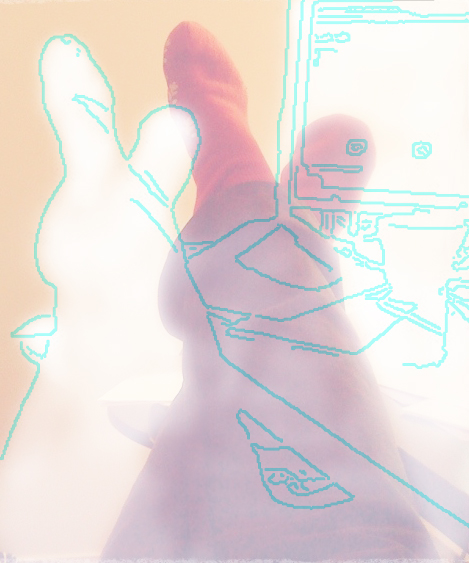#disconnect
I joined Twitter at the end of January. Another excuse for the time lapse in reflective posting? Perhaps.
Similar to my venture into Facebook, this was also a long time coming. Contrary to what the majority of my friends and colleagues have to say, I personally haven’t really been won over by Twitter. I am definitely in favour of it as a tool for opening up lines of communication globally and any kind of alternative source to mainstream news media, but in terms of staying connected to my multiple selves and generating a sense of connection with my ‘followers’…it just hasn’t happened yet.
Many people prefer Twitter’s more open platform over the more relationship-focused Fbook – the fact that you can ‘follow’ people without them necessarily ‘following’ you. Many people think the technical structure of Fbook is messier and more complicated than it needs to be. In terms of information distribution, I find Twitter to be more surface-level and quantity-based, however, this isn’t to say that it doesn’t lead you to deeper levels of information, because it does indeed do that.
My lack of excitement could be because Twitter doesn’t seem to be designed for dialogue, but rather an encyclopedia stream of fast-paced communication, meant to be retweeted from one person to the next. On many levels, Twitter is a great tool but if I were to imagine it as a physical environment and atmosphere, it would be very noisy and constantly shifting. Facebook, on the other hand, is not necessarily somewhere where I would suggest to take your first date, but the visual thumbnails do spruce up the walls a bit… even if it’s all a warm disguise for the corporate building just beyond the screened facade. At least Fbook is designed for threaded conversations where ideas can emerge in between ‘friends’…but then again, perhaps it depends on who your ‘friends’ are – if all your ‘friends’ do is tend to farms and read their horoscopes, than I’d suggest you hop on over to Twitter to see what everyone else is thinking about. But be prepared for the mental shock to your networked system…
Just as I was settling into the twitterverse, a friend and fellow Postselfer suggested I might want to check out Empire Avenue — “the social stock market game!” She warned me that it could be perceived as a disturbing angle on social media, yet might be a strangely effective way to do social networking. Since I had already worked up the nerve to embrace Twitter, I thought I should join right then. Not even five minutes later I had someone asking me to connect to all of my social networks. This freaked me out so I adjusted my settings a little bit to retreat back into more of a voyeuristic role. Since I’m quite dumb when it comes to the real world stock market, I don’t anticipate becoming very savvy with this virtual one but it has been interesting to think about it through more of a philosophical lens — “Buy shares in your friends, family, favorite movie stars, musicians, businesses – anyone – and earn virtual cash for wise investments! Become a virtual millionaire!”
It’s also interesting to see someone else create a project which takes a completely different spin on the “value” of identity with/in social media…























